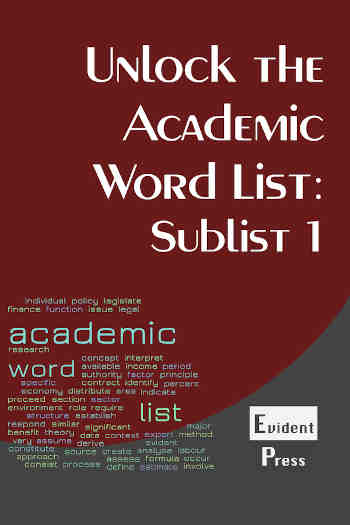Show AWL words on this page.
Show sorted lists of these words.


 







|
 Podcast is loading. Too slow? Click here to access.
Podcast is loading. Too slow? Click here to access.
Suffixes, along with prefixes and word roots, are a useful way to build vocabulary. This page explains what suffixes are and gives some examples of common suffixes. At the end there are some exercises to help you practise.
What are suffixes?
As noted in the section on vocabulary building, suffixes are word components which are added to the end of a word. They usually change the word form rather than the meaning. For example, adding -ity to the word similar creates the word similarity and changes the word from an adjective to a noun.
- similar (adj) + -ity (suffix) → similarity (n)
- thought (n) + -ful (suffix) → thoughtful (positive adjective)
- thought (n) + -less (suffix) → thoughtless (negative adjective)
There are, however, some suffixes which change the meaning of a word. Examples are -ful and -less, which make the word positive or negative respectively. For example:
Common suffixes
The following table shows some common suffixes, along with some example words. As the majority of these suffixes simply change the word form, the meaning of the suffix is not given unless it changes or contributes to the meaning of the word in some way.
Checklist
The following checklist summarises the information on this page. Use it to check your understanding.
| Area | OK | Comments |
| I know what suffixes are. | ||
| I understand the suffixes generally change the word form, not the meaning of a word. | ||
| I know some common suffixes. |
Next section
Read more about word roots in the next section.
Previous section
Read the previous article about prefixes.
Exercises & Activities Some ways to practise this area of EAP
You need to login to view the exercises. If you do not already have an account, you can register for free.



